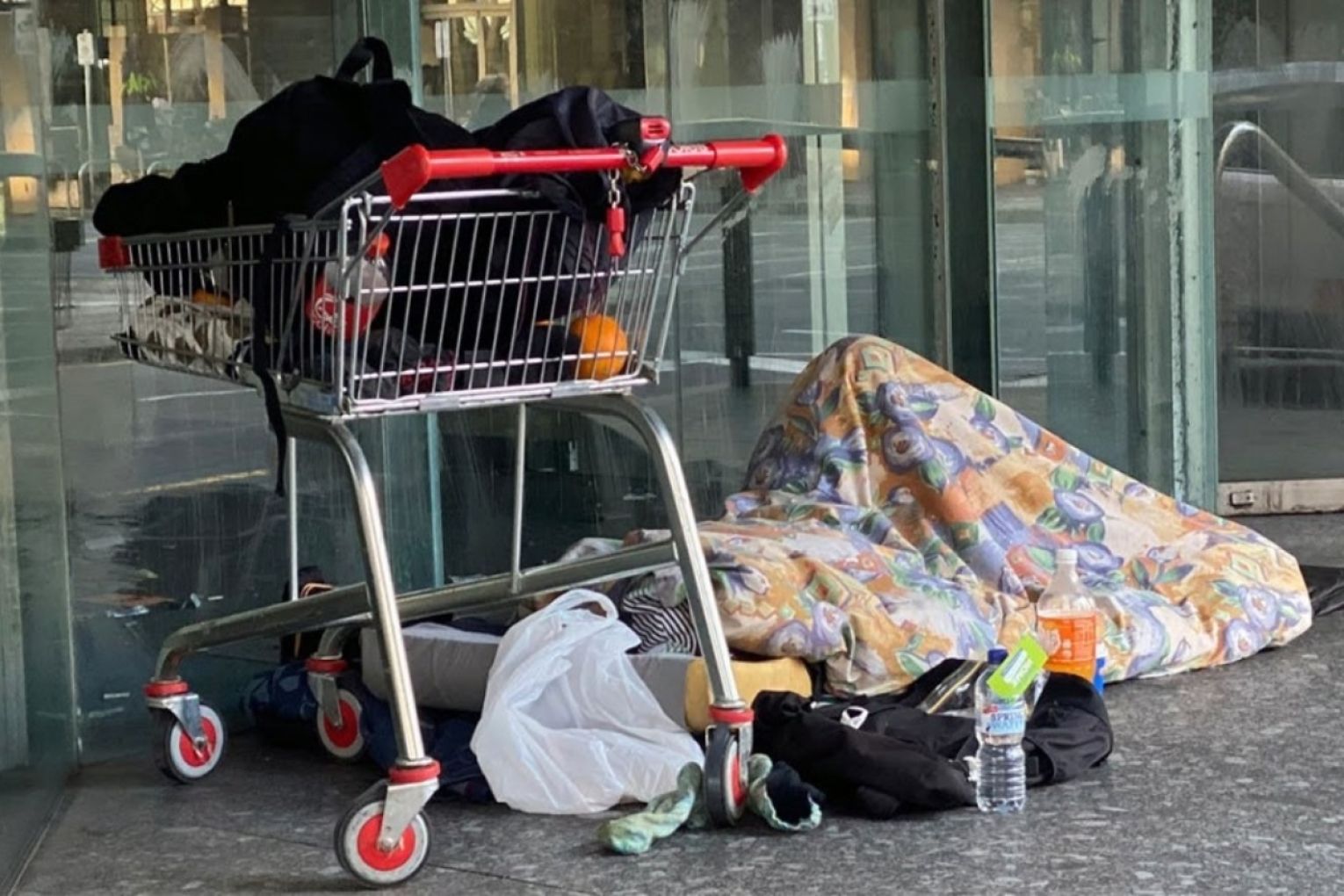SA only state with no govt funds for homelessness peak body
The state’s peak body Shelter SA is struggling to survive with one remaining staff member despite a report claiming “frontline service delivery is already severely under-funded” as homeless numbers continue to rise.

Leaders of the state’s homelessness and housing services have raised concerns after a recent report revealing SA is the only state without a government-funded homelessness peak body as the number of South Australians accessing their help skyrockets.
A recent Toward Home Alliance sector report said that the homelessness peak body in all other states and territories received most of their funding from government.
“South Australia is the only state or territory in Australia that does not have a government-funded peak body for either housing or homelessness,” the report said.
Sole employee of Shelter SA — the state’s peak advocate for affordable housing outcomes for those living on low incomes and housing need — Dr Alice Clark said “the future of housing and Shelter SA is dire”.
Shelter SA has been operating without state government funding after it was cut in October 2020 and has since relied on member donations. The reported income from state government grants in 2019-2020 was $426,400.
With members organisations now backing out of Shelter SA due to “cost-of-living pressures”, Clark fears Shelter SA would be unable to continue without the financial support.
You might like
“We’ve just started to lose members who are all telling us the same thing — the financial pressures that they are under now are really effecting their ability to provide the services that they need to,” Clark said.
“Based on what I’ve heard, we’re going to lose more members next year, so we might not be around much longer.”
Recent data from the South Australian Council of Social Service (SACOSS) showed more than 18,700 people accessed homelessness services in the 2023-24 financial year.
SACOSS also reported that one in four people that accessed homelessness services could not be placed into a form of shelter in the same period.
SACOSS chief executive officer Dr Catherine Earl said no government resourcing for a peak body made it “harder” for services and experts to advocate for solutions to “high rates of homelessness and housing insecurity”.
“Other states have funded peak bodies that help homelessness services to share their expertise and insights, produce vital policy and research, and speak with a united voice about measures needed,” Earl said.
Stay informed, daily
“We need the South Australian government to follow the lead of other states and to resource a body that can represent our critical frontline homelessness services.”
The recent sector report has called for the establishment of an “effectively resourced” homelessness peak body.
“Whilst frontline service delivery is already severely under-funded in South Australia and the government’s commitment to increase this is limited, investment in ongoing advocacy for the homelessness sector through a peak body is essential,” the report said.
Clark said the state’s homelessness services currently “rely on fundraising to meet the needs for all people that come for assistance”.
“It doesn’t seem fair that our generous citizens are bearing half of that burden of a growing number of people that need assistance,” she said.
It follows last month’s fears that homeless shelter Hutt St Centre would reach capacity within the next three years unless additional social housing becomes available.
Clark said the government “must properly fund homelessness services”, provide more public housing and supported accommodation.
“Over the last 20 years we’ve lost 20,000 public housing properties which is around the population (accessing homelessness services) in Adelaide,” she said.
Minister for Human Services Nat Cook said the government would work “collaboratively with the sector” to shape the future homelessness services and invest “over $100 million annually” to frontline services.
“We strongly value the input of the sector to ensure the system continues to operate in the best interests of those who rely on it,” Cook said.
“The Malinauskas Government is currently progressing an independent Homelessness System Review, undertaken by Better Start in partnership with Jindawayni Consulting.
“The review team has received submissions from a range of organisations regarding peak bodies for the homelessness sector, and these will inform the review’s advice to government noting funding priority will always be directed to front line service provision.”
Want to see more stories from InDaily SA in your Google search results?
- Click here to set InDaily SA as a preferred source.
- Tick the box next to "InDaily SA". That's it.








